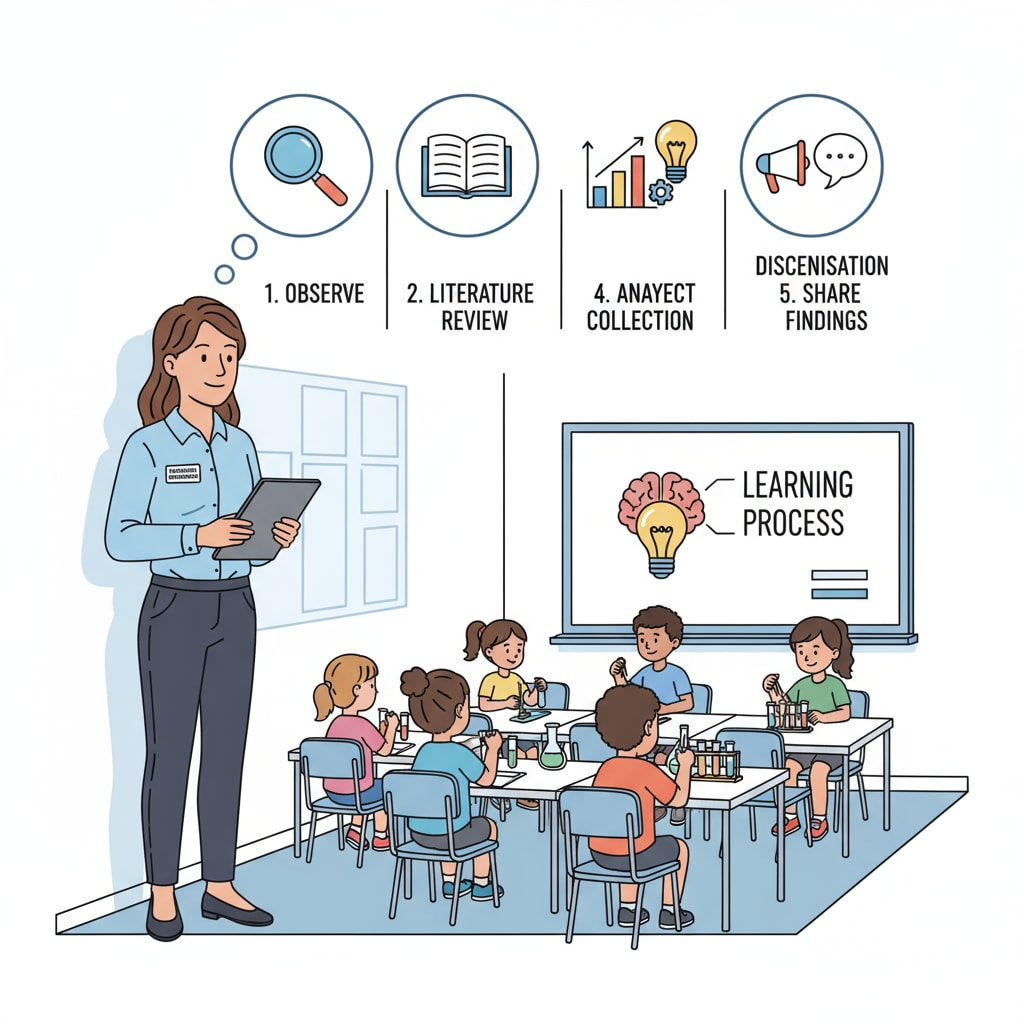Research, evaluation, social inequality, and education are intertwined concepts that play a crucial role in shaping the future of K12 education. In the quest for a more equitable educational landscape, understanding the differences between research and evaluation and how they can be effectively applied is essential.

The Distinctive Nature of Research in Education
Research in the context of K12 education is a systematic inquiry aimed at generating new knowledge. It involves exploring various aspects such as teaching methods, student learning styles, and the impact of educational policies. For example, researchers might conduct a study to understand how different instructional strategies affect students from disadvantaged backgrounds. According to ERIC (Education Resources Information Center), educational research often uses qualitative and quantitative methods to gather data. This data helps in uncovering underlying issues and trends in the educational system, which are crucial for making informed decisions.

The Role of Evaluation in K12 Education
Evaluation, on the other hand, is more focused on assessing the effectiveness of existing programs, policies, or practices. It answers questions like whether a particular intervention is achieving its intended goals. For instance, evaluating a new after-school tutoring program for low-income students to see if it is improving their academic performance. As stated by SCIE (Social Care Institute for Excellence), evaluation uses a range of techniques such as surveys, interviews, and performance indicators. It provides feedback on what is working and what needs improvement, enabling educators to make adjustments and enhance the quality of education.
While research aims to expand knowledge, evaluation ensures that the implemented strategies are delivering the desired results. They are two sides of the same coin, working in tandem to address social inequality in K12 education.
Readability guidance: By clearly differentiating research and evaluation, we can better understand how they contribute to educational equity. Each concept has its unique purpose, and when combined, they offer a comprehensive approach to tackling social inequality in the K12 system.


